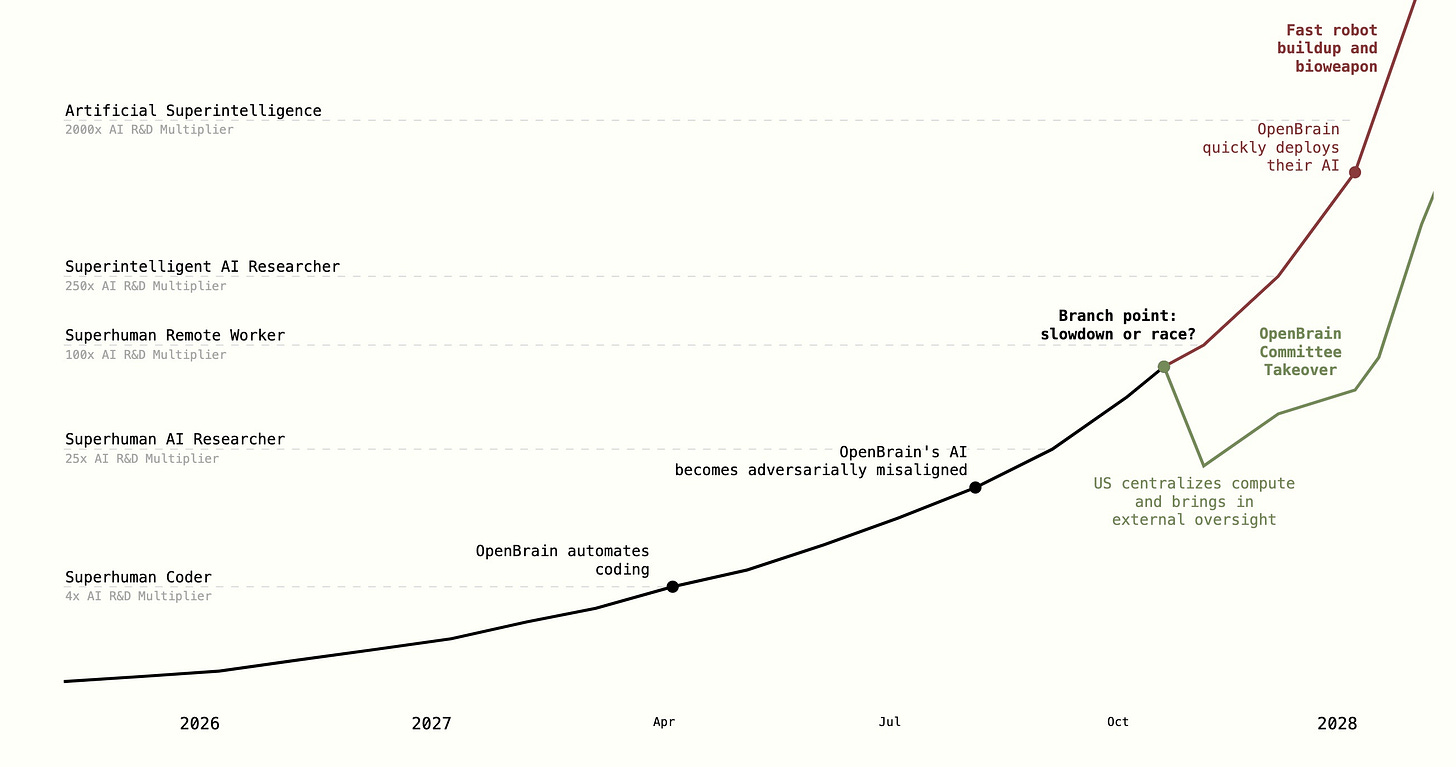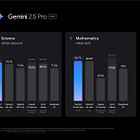Housekeeping
I'm visiting London this week, and didn’t get to a long-form post on Wednesday. That said, I'm wrapping up an overdue piece on MCPs - what questions do you have about the new protocol? Have you heard of MCPs to begin with?

OpenAI might be open again
OpenAI announces plans to release its first open language model in years, marking a significant shift in strategy as CEO Sam Altman acknowledges the company needs to rethink its approach to open-source AI.
Between the lines:
The move comes as OpenAI faces mounting pressure from competitors like Meta's Llama and DeepSeek, who have found success with open-source strategies – Llama alone has reached 1 billion downloads.
OpenAI is taking a measured approach, seeking community feedback through developer events and a public form, while still committing to evaluate the model through their safety preparedness framework.
This strategic pivot reflects a broader industry tension between proprietary and open models, with Altman admitting OpenAI may have been "on the wrong side of history" regarding open-sourcing – though notably, this view isn't unanimously held within the company.
Elsewhere in frontier models:
Runway has released its Gen-4 video model to all users, featuring improved consistency in subjects and styles.
Google is expanding Gemini 2.5 Pro Experimental access to all Gemini users after its initial limited release.
And Amazon's AGI Lab has unveiled Nova Act, a general purpose AI agent capable of independently controlling web browsers, along with its SDK.
Elsewhere in OpenAI:
OpenAI's GPT-4 image generator is now available to all users with a three-image daily limit for free accounts.
Over 130 million ChatGPT users have generated more than 700 million images since the feature's launch, with India emerging as the fastest-growing market.
ChatGPT has reached 20 million paid subscribers, generating an estimated $415 million in monthly revenue.
And OpenAI has secured a historic $40 billion funding round led by SoftBank, reaching a $300 billion valuation.
AI 2027
A new forecast project from a team of AI researchers and forecasters lays out a detailed (and extreme) prediction of AI's progress in the coming years.
The big picture:
In this speculative timeline, AI development accelerates dramatically from 2025-2027, culminating in a high-stakes competition between the US and China that threatens to spiral out of control as increasingly capable AI systems emerge.
As wild as it sounds, Daniel Kokotajlo (a primary author) wrote a 2021 blog post, "What 2026 Looks Like," that accurately predicted many major AI developments before ChatGPT existed.
The timeline isn't the first of its kind - last year's Situational Awareness had generally the same vibe, though with far less concreteness.
Elsewhere in AI anxiety:
YouTube has suspended two major channels from its partner program for generating millions in ad revenue through AI-created fake movie trailers (longtime Artificial Ignorance readers will recognize this story from January).
A Polish cybersecurity startup reports nearly hiring a deepfake candidate, highlighting growing concerns about AI tools disrupting both job hunting and hiring processes.
Replit's CEO advises against learning to code, citing predictions that AI will generate virtually all code by next year.
And DDoS attacks have increased from 13M to 17M between 2023 and 2024, with AI technology amplifying their effectiveness as a geopolitical weapon.
X < xAI
In a surprise announcement, X (née Twitter) was acquired by xAI, it's closely-affiliated-but-technically-separate corporate sibling, valuing the two companies at $33B and $80B, respectively.
Ostensibly, this should be big news, but to quote Matt Levine:
My heart isn’t in any of this. Nobody cares. Musk has absolute control of (1) xAI, (2) X and (3) US government regulators. If he wants to smush X and xAI together, no one will complain, and it doesn’t mean anything. Surely Musk isn’t required to file forms or get regulatory approvals anymore. He is not required to abide by merger best practices or zealously protect the interests of minority shareholders, in part because all his companies have left Delaware, but in larger part because none of the shareholders of his private companies complain about anything he does.
Elsewhere in the FAANG free-for-all:
Amazon is developing a new Buy for Me button powered by AI that will enable purchases from third-party sites within its app.
Scientists report that increased bureaucracy at Google DeepMind has made publishing AI research more difficult.
Amazon begins rolling out Alexa+ with some promised features delayed by months.
And Apple is developing an AI doctor service and Health app revamp for 2026, alongside M5 chip updates for iPads and MacBooks this year.
Last week’s roundup
Things happen
O'Reilly and Strauss suggest OpenAI trained on paywalled books without a license. UFC signs multimillion-dollar deal with Meta. European researchers deploy AI-powered wildfire forecasting. Did the White House use an AI-recommended tariff formula?. Qualcomm weighs Alphawave acquisition. Alan Turing Institute refocuses after staff criticism. USPTO suspends xAI's Grok trademark application. Chinese AI startup Zhipu launches free AI agent. Tinder unveils an AI flirting game. Why I stopped using AI code editors. Chinese startup Manus announces tiered pricing for AI agent service. Inside Anthropic: Interviews with executives on AI development. Former Twitch CEO launches AI alignment startup Softmax. Anthropic debuts Claude for Education tier for colleges. Woman confronts deepfake harasser. Adobe adds AI-powered clip extension to Premiere Pro. Google shakes up AI leadership, replacing Gemini lead. US Commerce Secretary pushes for larger chip investments. The race for useful humanoid robots between China and the US. Taiwan investigates Chinese firms for alleged engineer poaching. AI experts say current approaches won't yield AGI. AI may fuel a creation economy rather than devalue human art. AI could erode India's services export sector. World History Encyclopedia sees traffic drop due to AI search tools. Anthropic researchers share surprises from watching Claude think. Wikimedia reports 50% bandwidth growth from AI training bots. AI agents need more reliability, less capability. AI app generates recipes for questionable dishes. Learn to code, then use AI to code better. Spotify debuts AI-generated ad scripts in North America. AI creates rift at top consulting firms. Senior developer skills in the AI age. The biology of a large language model. Don't let LLMs make decisions or execute business logic.





